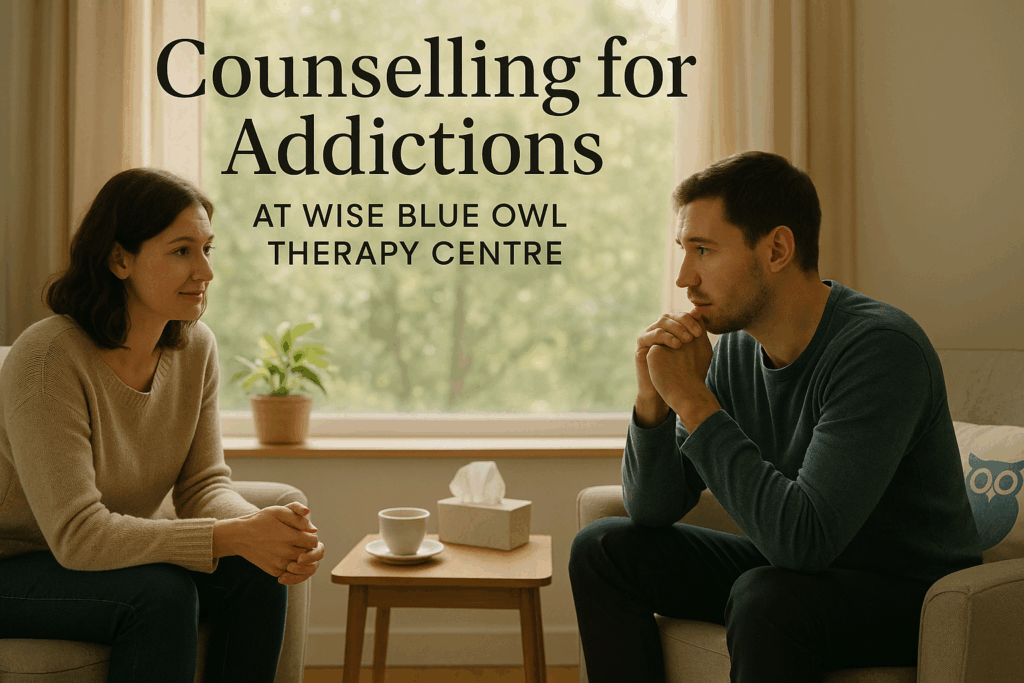
Dealing with Addiction
Dealing with Addiction
Addiction is a complex and challenging condition that affects millions of people worldwide. Whether it involves gambling, substances like drugs or alcohol, or any other compulsive behavior, addiction can disrupt lives, relationships, and mental well-being. While the path to recovery is rarely straightforward, it is important to know that recovery is possible with the right tools, mindset, and support system.
Addiction isn’t just a lack of willpower or discipline—it’s a chronic condition that often has psychological, genetic, and environmental roots. Addiction alters the brain’s reward system, making it difficult to resist the behavior or substance despite knowing the harm it causes.
The first and most crucial step is recognizing and accepting that there is a problem. Denial often prevents individuals from seeking help, but acknowledging the impact of addiction is the foundation for change.
Gambling Addiction
Gambling addiction, or compulsive gambling, is often referred to as a “hidden addiction” because there are no visible physical symptoms. People struggling with gambling may chase losses, bet more than they can afford, or hide their behavior from loved ones. Over time, this can lead to financial distress, strained relationships, and mental health issues like anxiety or depression.
Substance Addiction
Substance addiction, such as dependency on alcohol, prescription medications, or illicit drugs, has far-reaching consequences. It affects not only physical health but also emotional stability, family dynamics, and work performance. Withdrawal symptoms and cravings make it particularly difficult to break free without professional help.
How We Can Help You With Rapid Relief From Your Addiction.
Addiction is best addressed with the guidance of professionals. We can provide evidence-based strategies tailored to your individual needs.
The 2 effective ways to deal with addiction all together are clinical hypnotherapy and NLP (Neuro-Linguistic Programming)
Both Alan And Kate At Wise Blue Owl Have Over 25 Years Experience Helping People Overcome Addiction.
Book a Free Initial Consultation Today by using the booking calendar below. We will call you back at the time/day you request for a free 10 to 15 Min chat to advice on how best we can help you.
Or Call Us On – Tel: 07922118808 – Or Use Our Contact Us form
Dealing with Addiction - Rapid Relief From Your Addiction

Dealing with Addiction - Addiction Counselling, Effective Ways To Overcome Your Addiction - Book your appointment today.
Service Type: Addiction counselling, Psychotherapy, Hypnotherapy
Currency: £
